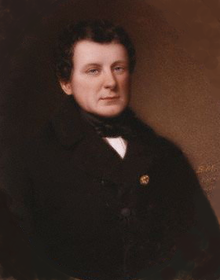
After the Act of Union, Irish desires for political autonomy grew. Replacing Wolfe Tone was Daniel O’Connell. He started his challenge to British oppression slow with an attempt to overcome the religious discrimination suffered by the Irish. In 1828, County Clare had to hold a by-election to replace a member of parliament. Despite the religious limitation of office holding under the Test and Corporation Acts, the Catholic O’Connell stood for election and received strong support from the electorate. Unable to take the oath of supremacy, which promised allegiance to the king as head of state and head of the Anglican Church, O’Connell placed the British government in a precarious position. The Arthur Wellesley, Duke of Wellington, government could change the law or ignore the will of the people. Wellington pushed through the Catholic Relief Act, which abolished religious qualification for office holding, opening parliament’s door to O’Connell. O’Connell’s success gave him the title of “Liberator.” With Catholics able to hold office, O’Connell focused on political autonomy, repeal of the Act of Union. At the same time, he called not just for emancipation of the Irish people but all enslaved people, including those in the United States. His perception was that their British overlords enslaved Irish people who needed liberty and independence.
Image: Bernard Mulrenin, Daniel O’Connell, 1836, National Portait Gallery.